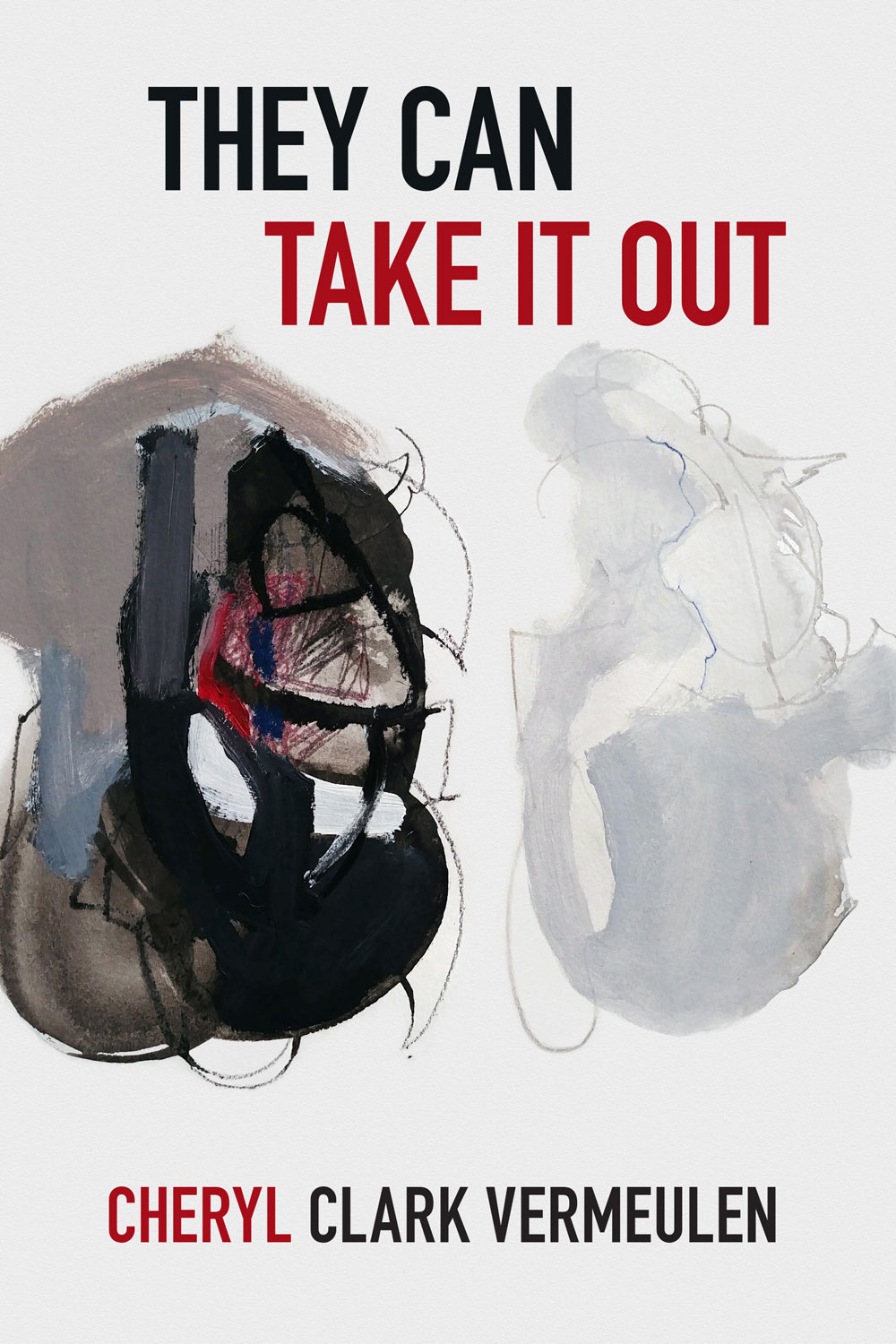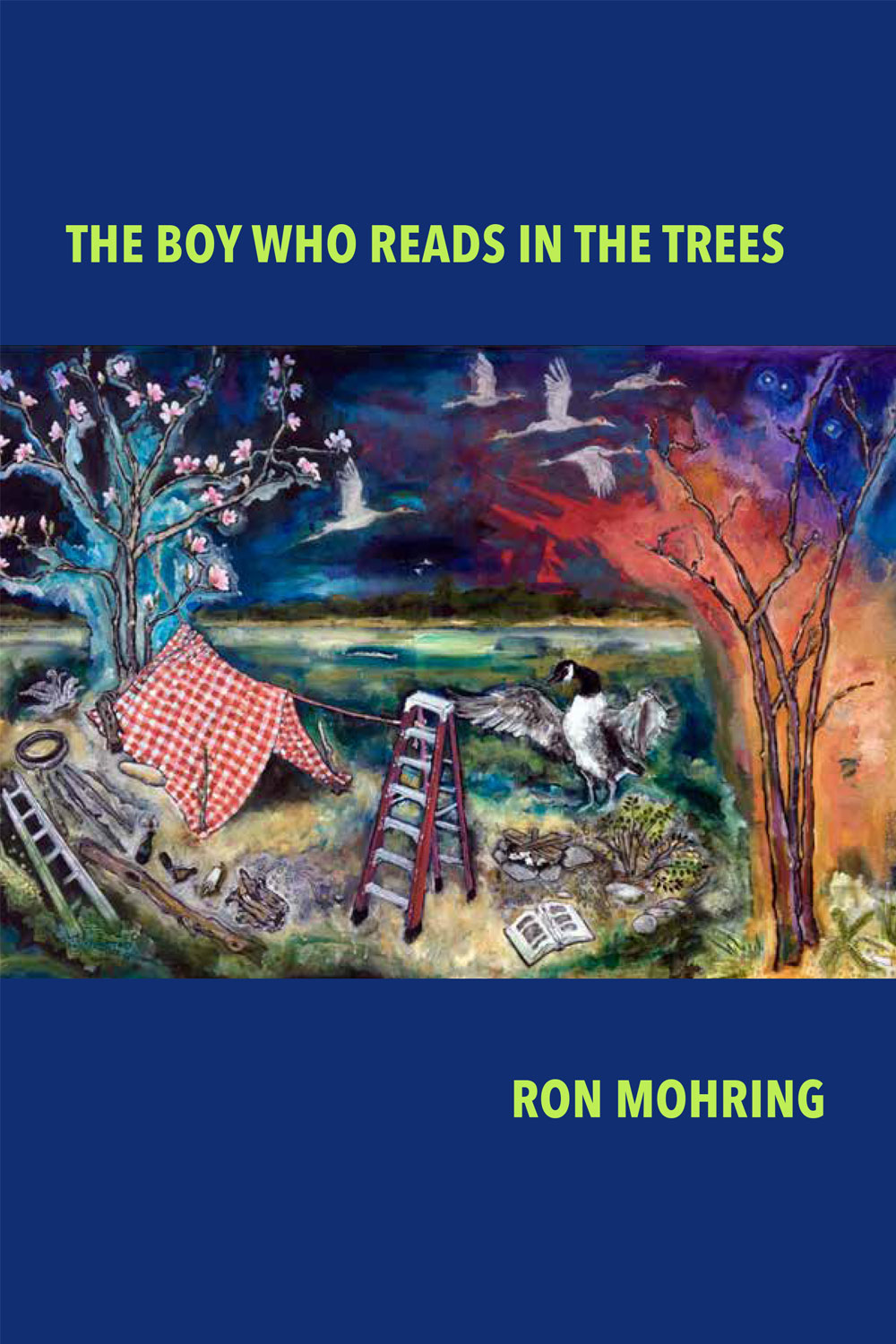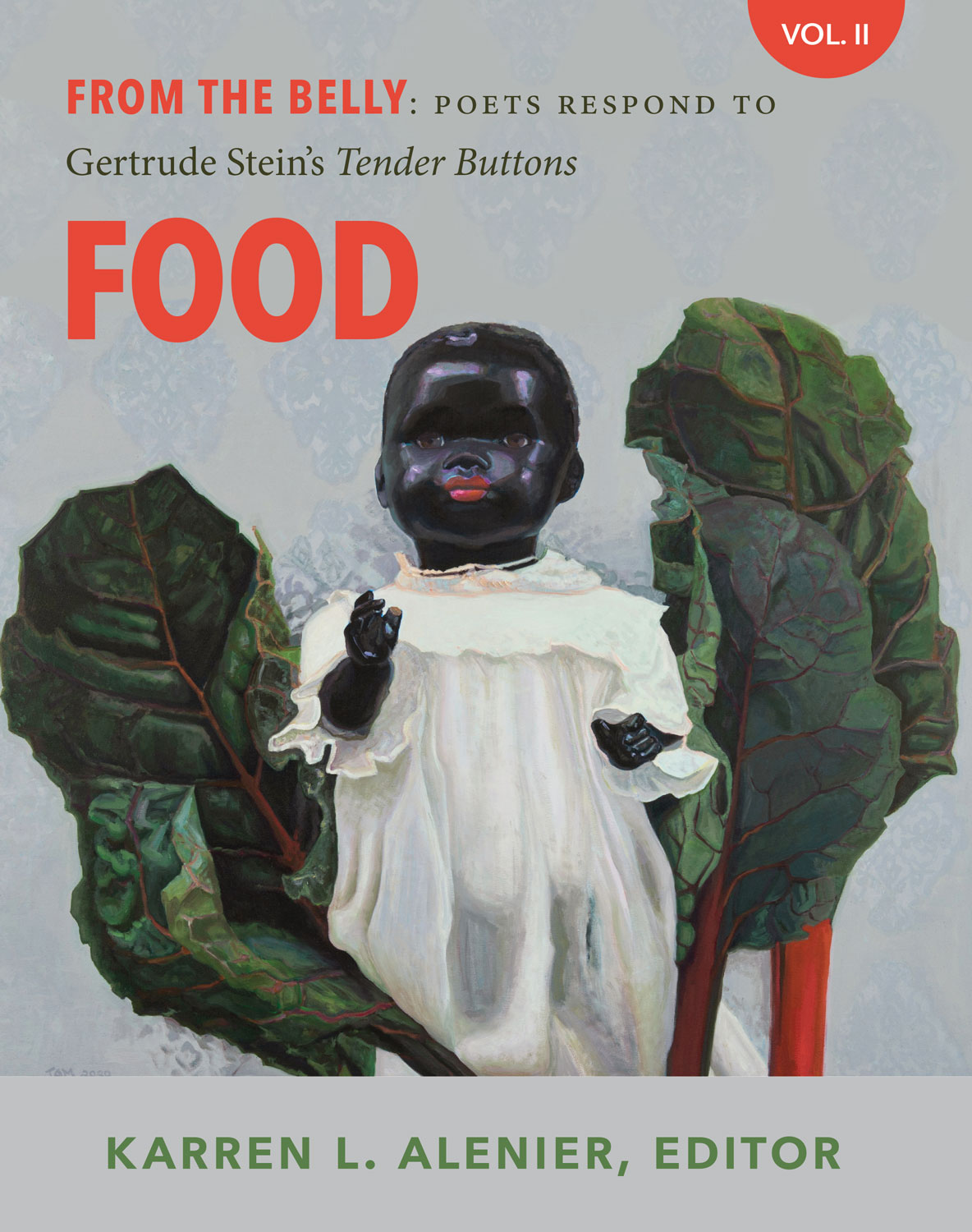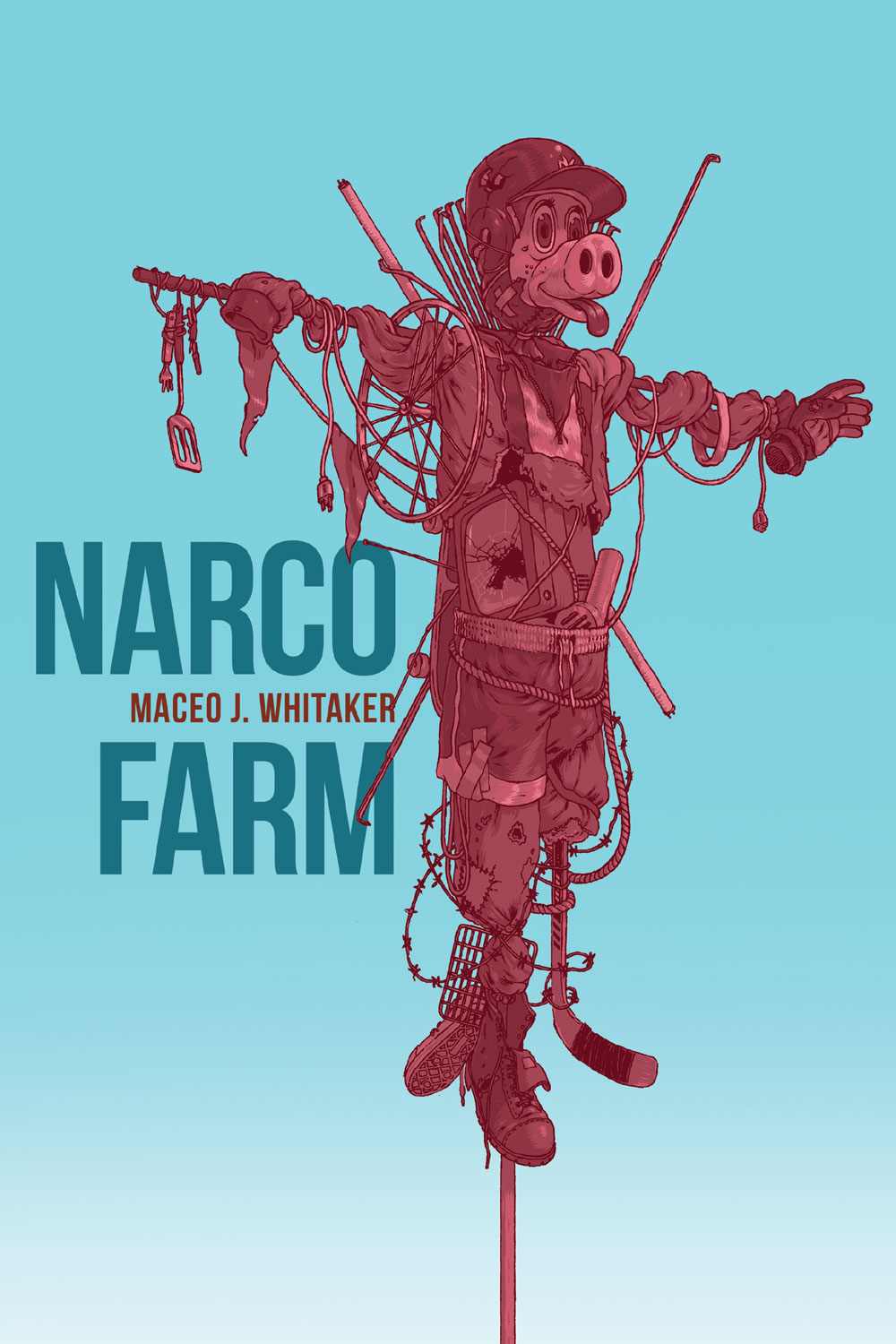About Cheryl Clark Vermeulen
 Cheryl Clark Vermeulen is the author of the chapbooks Dead-Eye Spring and This Paper Lantern. She received an M.F.A. from the Iowa Writers’ Workshop, and her poems, translations, or poetry reviews have appeared in Caketrain, Drunken Boat, Jubilat, and many others. She edits poetry for Pangyrus literary magazine and teaches at Massachusetts College of Art and Design, where she founded the Creative Writing Minor.
Cheryl Clark Vermeulen is the author of the chapbooks Dead-Eye Spring and This Paper Lantern. She received an M.F.A. from the Iowa Writers’ Workshop, and her poems, translations, or poetry reviews have appeared in Caketrain, Drunken Boat, Jubilat, and many others. She edits poetry for Pangyrus literary magazine and teaches at Massachusetts College of Art and Design, where she founded the Creative Writing Minor.
Praise for They Can Take It Out
Weaving illness, art, and pregnancy together as if surprising, even stunning, twists of phrasing could out-maneuver a cancer or guarantee conception, this collection covers an amazing range of human event and emotion. But fascination and a rare kind of deeply-informed delight win out—there’s a zeal for life that rings throughout the whole, a commitment to vigor in the face of inevitable diversity, and a delicate humor that invites the reader to hope.
—COLE SWENSEN, author of On Walking On and Landscapes on a Train
“Explanations are side effects,” writes Cheryl Clark Vermeulen in an astonishing new poetry collection that maps the hero’s journey into the interiority of becoming a medicalized subject. Exploring the intersections of gender and illness, and fertility and infertility, the poet peers through a scientific lens at her own mortality, endeavors to “love the deletions” while grappling with the fact that in our culture, being a “good patient” is synonymous with being a “good girl.” An urgent, necessary record of the contemporary female condition.
—WENDY CHIN-TANNER, author of Turn and Anyone Will Tell You
Bodies are a biological tapestry of the environments that made them. Unfortunately, even though they belong to us, they are often out of our control. Vermeulen writes, “They’re beads. A string of beads. / Civilizations.” Cells that contain the worst about human society— “Awe and disease. Conquest.” What to do about it? Remove what doesn’t work, what hurts, what kills. It’s not that easy. They Can Take It Out speaks to the experience of disease as a relationship with what’s outside the human body. “Immortal cells are cancerous cells. They don’t stop dividing.” Civilization is the diagnosis.
—NIKKI WALLSCHLAEGER, author of Crawlspace and Houses








Reviews
There are no reviews yet.